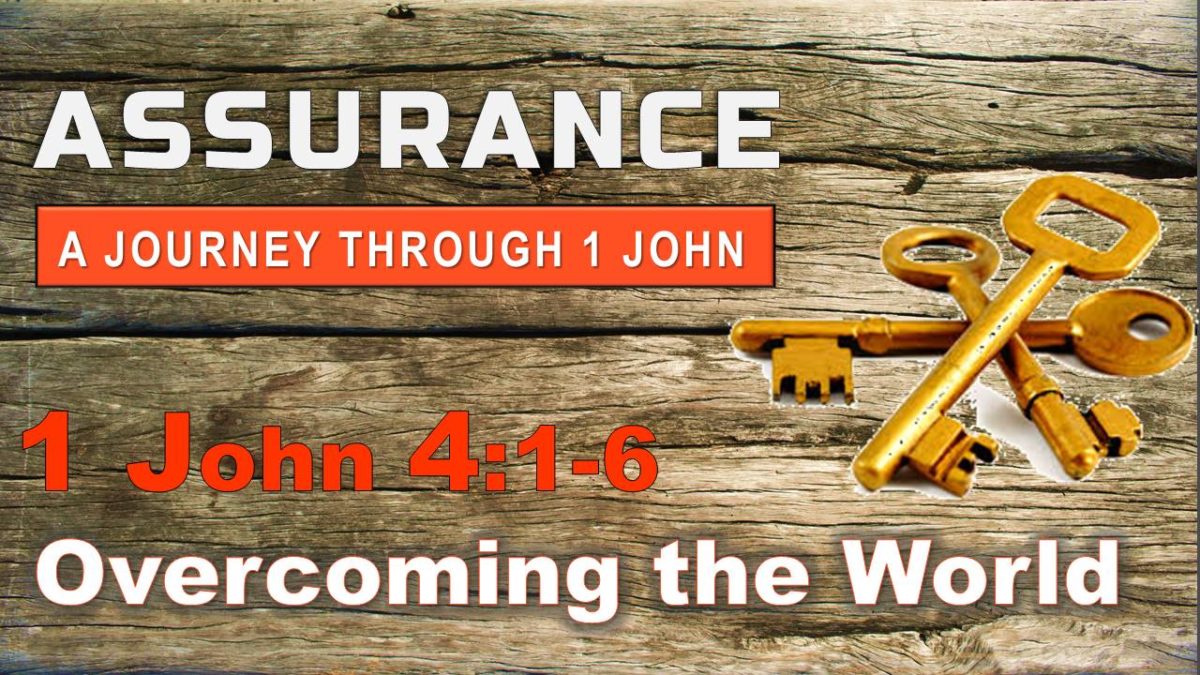Here’s my quick and cursory contribution to church life in America, on this Monday morning in late 2018.
Yesterday proved a glorious Lord’s Day at Woodland, our dynamic and somewhat quirky little church in the snowy Northwoods of Wisconsin. (By this I mean that we have a church family of nearly 200 souls in a mostly disappeared rural town of 169. By 21st century church growth standards, that’s quirky, fantastical even.) In our rotation of (what is it?) seven worship teams, Scott was “up” leading with classic hymns. Gary played the organ. We dedicated little Eira Kay, looking pristine and classic in her flowing dedication dress made from her mother’s wedding dress. The elders laid hands on Dan, who this morning is undergoing cancer surgery. The platform was dedicated in a sylvan scene with white lights and long candles, anticipating advent. The whole morning had a touch of formality; liturgy, even. (By dropping the “l” word here, I mean that the worshipping work of the people toward God took on form. That’s what the word means, anyway.) But, there was nothing fusty or traditional about it. This service moved and breathed!
Here’s my big observation, though: We had young people. Oh, my goodness, did we have young people! Young families and singles in their 20s and 30s, the so-called Millennials. (Sorry, don’t want to lump you all in together.) The young people observation wasn’t mine alone. Visitors from Chicago couldn’t believe it. “What have you got here?” What’s going on?” I was asked, in wonder and disbelief.
So, here’s my heuristic guess, my working thesis about liturgy and our newest, rising generation of church leaders. It kinda blows smoke in the faces of consultants and church growth “experts” writing and working for the so-called Boomers, the parents of the rising generation we’re seeing at Woodland.
Young people love liturgy.
Really … In contrast to the post-institutionalism of their parents, young people want to belong to something. They like baby dedications where parents and congregation pledge in turn to preach the gospel to the growing child, to bring the child up in the nurture and admonition of the Lord, to share the joyfully light load of teaching and discipling and including the child in the form of worship to God that is our liturgy. And, it would seem, young people delight in reaching back to past forms of worship that go deep and strong back to the roots of our faith in the early church that gave primary witness to Jesus and to the events of the Gospel.
That doesn’t sound like come-as-you-are, feel-good stuff to me. That sounds like material for come-and-be-changed. I like it, and I think others do to!
So, those are my thoughts before I get into the matter of the week. I’m excited about where we’re going at Woodland, and about the worship I’m sharing with my (slightly!) younger friends.
Why don’t you scroll to the bottom of this page and toss up a comment on what you’ve observed about our younger people and worship. Do you see what I’m seeing?
Have a great week!


